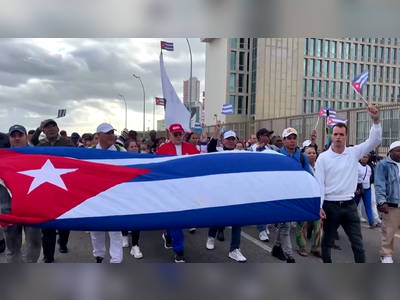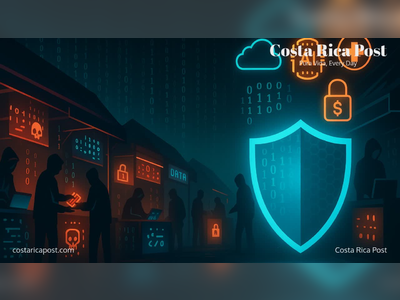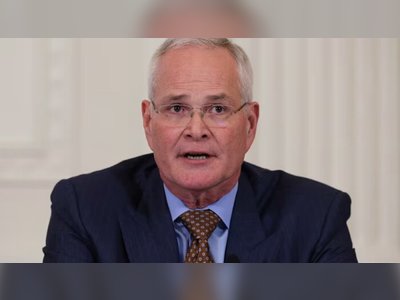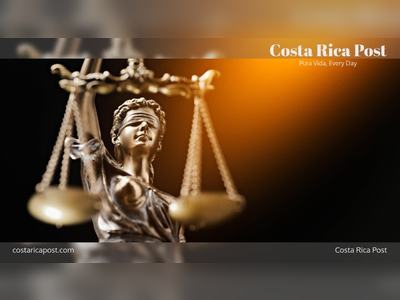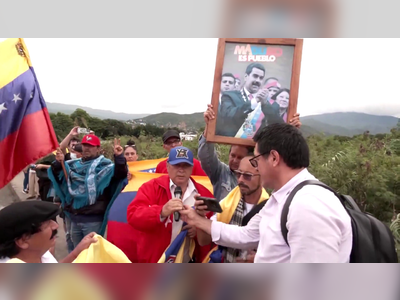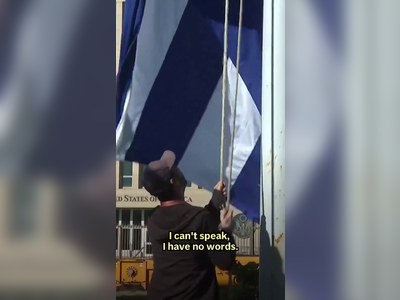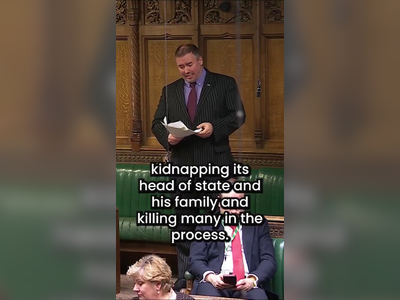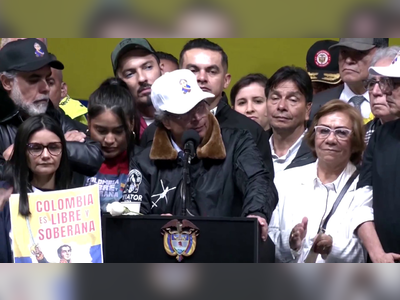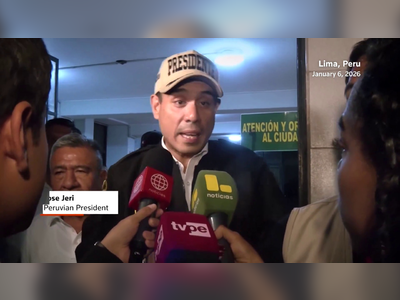Gaza Under Siege: Accusations of Genocide and Ethnic Cleansing Stir Global Debate
NGOs Charge Israel with Atrocity in Gaza, While Israeli Rebuttals and International Opinions Paint a Divided Picture
In a world rife with conflict, the situation in Gaza has once again commanded global attention, becoming a battleground not just of munitions, but also of narratives.
Prominent NGOs such as Human Rights Watch (HRW) and Médecins Sans Frontières (MSF) have levied grave accusations against Israel, charging it with genocide and ethnic cleansing.
These claims, amplified by the stark realities of blockades and resource shortages faced by Palestinians, demand a rigorous examination.
The instigating factor of these allegations is the blockade enforced by Israel, which critics say has systematically stripped Gaza of access to vital resources including water and medical supplies.
HRW's assertions reach beyond mere criticism of military action, arguing that the blockade constitutes an attempt to decimate the Gazan population, in part or in whole.
The accusations are bold and deeply contentious.
Israel, however, refutes these claims with equal fervor.
The Israeli government, through its Foreign Ministry, contests the narrative of genocide, asserting instead that its military measures are defensive, targeted at neutralizing threats from Hamas rather than the civilian population.
The complexities of asymmetric warfare, Israel argues, pose substantial challenges, even as they maintain their efforts to minimize civilian casualties.
Yet, the ground realities, as captured by MSF and other on-the-field activists, present a distressing picture.
Accounts of mass displacement, destruction of infrastructure, and attacks on healthcare facilities underscore the scale of humanitarian suffering.
In these chronicles of hardship, the heart of the international criticism can be found.
It is crucial to recognize that the definition of genocide is stringent under international law, and the U.S. State Department, reflecting a broader hesitancy, does not officially apply this term to the actions in Gaza.
These semantic disputes aside, the humanitarian crisis is clear, begging not just for international attention, but for tangible action.
The discourse on genocide and ethnic cleansing inevitably raises the question of whether such language serves to hold accountable or merely fuels the fire in an already volatile environment.
While the goal is to highlight suffering and demand action, there is an equal risk of catalyzing further polarization and injury.
Thus, in addressing this quagmire, the global community must tread carefully, striving for a balanced approach that emphasizes both security and humanity.
The enduring challenge remains: how can policymakers guide conflicting parties towards a resolution that secures peace and upholds dignity for all involved?
As Desmond Tutu poignantly reminded us, neutrality in situations of injustice is a choice of its own.
The imperative now is not simply to choose sides, but to forge paths towards constructive dialogue and enduring unity.
As the world watches, the focus must remain on fostering bridges of understanding, rather than erecting impenetrable walls of enmity.
Prominent NGOs such as Human Rights Watch (HRW) and Médecins Sans Frontières (MSF) have levied grave accusations against Israel, charging it with genocide and ethnic cleansing.
These claims, amplified by the stark realities of blockades and resource shortages faced by Palestinians, demand a rigorous examination.
The instigating factor of these allegations is the blockade enforced by Israel, which critics say has systematically stripped Gaza of access to vital resources including water and medical supplies.
HRW's assertions reach beyond mere criticism of military action, arguing that the blockade constitutes an attempt to decimate the Gazan population, in part or in whole.
The accusations are bold and deeply contentious.
Israel, however, refutes these claims with equal fervor.
The Israeli government, through its Foreign Ministry, contests the narrative of genocide, asserting instead that its military measures are defensive, targeted at neutralizing threats from Hamas rather than the civilian population.
The complexities of asymmetric warfare, Israel argues, pose substantial challenges, even as they maintain their efforts to minimize civilian casualties.
Yet, the ground realities, as captured by MSF and other on-the-field activists, present a distressing picture.
Accounts of mass displacement, destruction of infrastructure, and attacks on healthcare facilities underscore the scale of humanitarian suffering.
In these chronicles of hardship, the heart of the international criticism can be found.
It is crucial to recognize that the definition of genocide is stringent under international law, and the U.S. State Department, reflecting a broader hesitancy, does not officially apply this term to the actions in Gaza.
These semantic disputes aside, the humanitarian crisis is clear, begging not just for international attention, but for tangible action.
The discourse on genocide and ethnic cleansing inevitably raises the question of whether such language serves to hold accountable or merely fuels the fire in an already volatile environment.
While the goal is to highlight suffering and demand action, there is an equal risk of catalyzing further polarization and injury.
Thus, in addressing this quagmire, the global community must tread carefully, striving for a balanced approach that emphasizes both security and humanity.
The enduring challenge remains: how can policymakers guide conflicting parties towards a resolution that secures peace and upholds dignity for all involved?
As Desmond Tutu poignantly reminded us, neutrality in situations of injustice is a choice of its own.
The imperative now is not simply to choose sides, but to forge paths towards constructive dialogue and enduring unity.
As the world watches, the focus must remain on fostering bridges of understanding, rather than erecting impenetrable walls of enmity.

